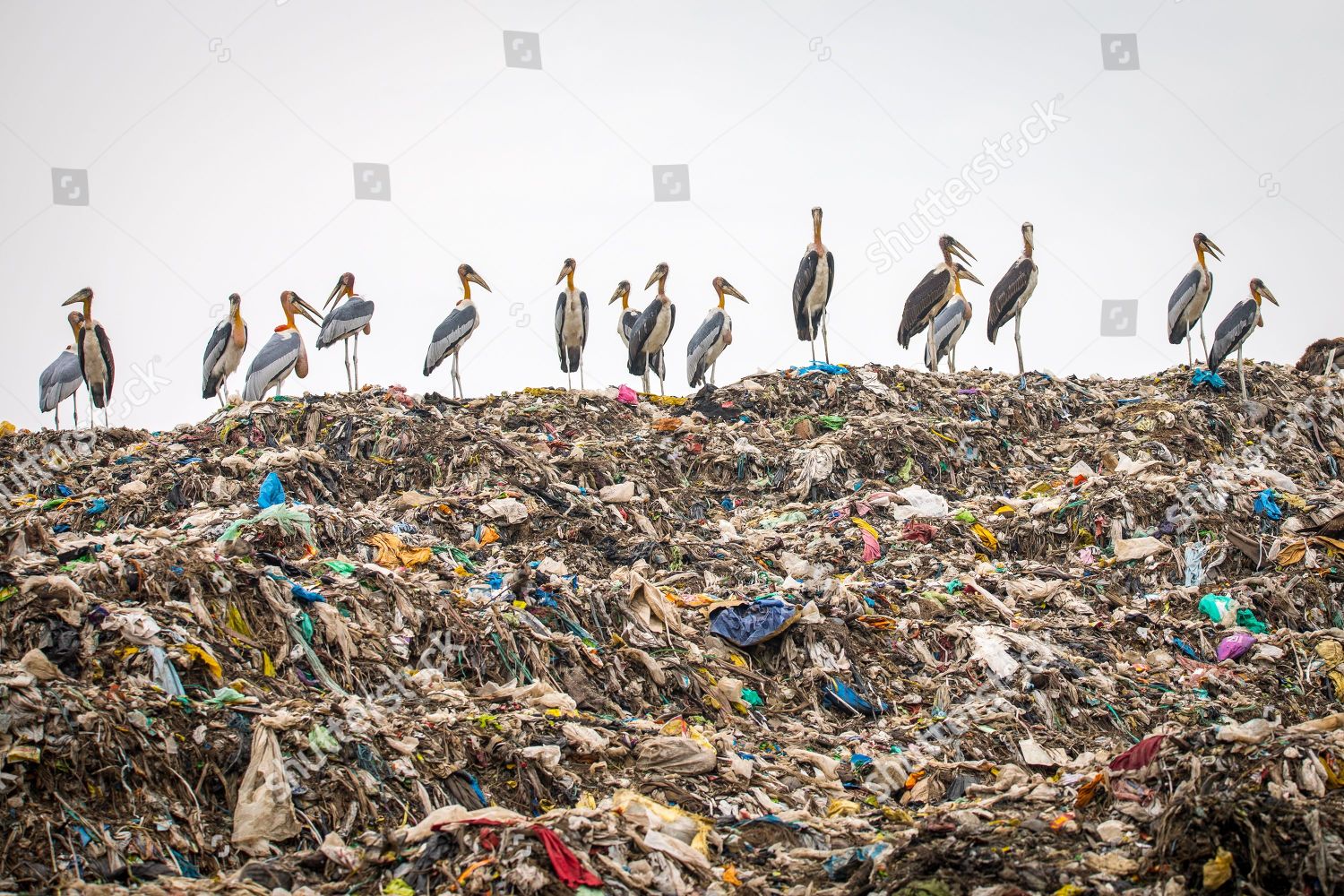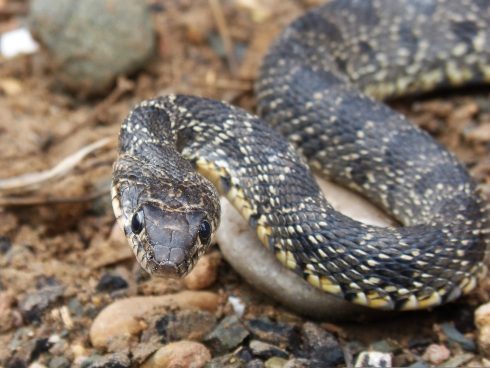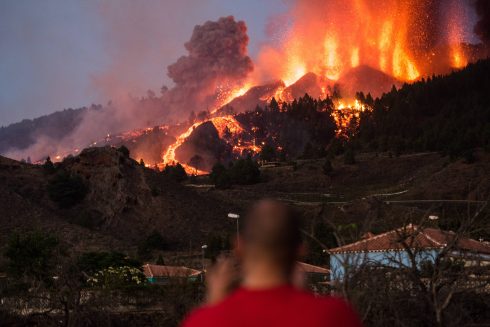STORKS have stopped migrating to Africa for winter but instead have been spending the cold months in Spain.
In the 1970s the entire population of European storks would winter in Africa.
They would head for the warm temperatures of Mauritania, Senegal, Gambia, Mali, Burkina Faso, Niger and Nigeria.
In recent years however that has changed as 80% of adults now don’t leave the Iberian peninsula, or at most, reach northern Morocco.
The remaining 20% that make the journey to the African continent are the young adults.
Once they reach maturity around four years old they realise the danger they have to face isn’t worth travelling that far south.
SEO/Birdlife, an ornithological NGO are the ones responsible for this study and said: “The information collected clearly shows a change in the migration strategy of white storks in Western Europe”.
The main reason behind this change in migration seems to be the warmer climate that has been created by mankind, but also the alteration of their natural habitat.
In addition, the massive landfill sites in Spain also offer them vast amounts of food, be it in summer or winter.








